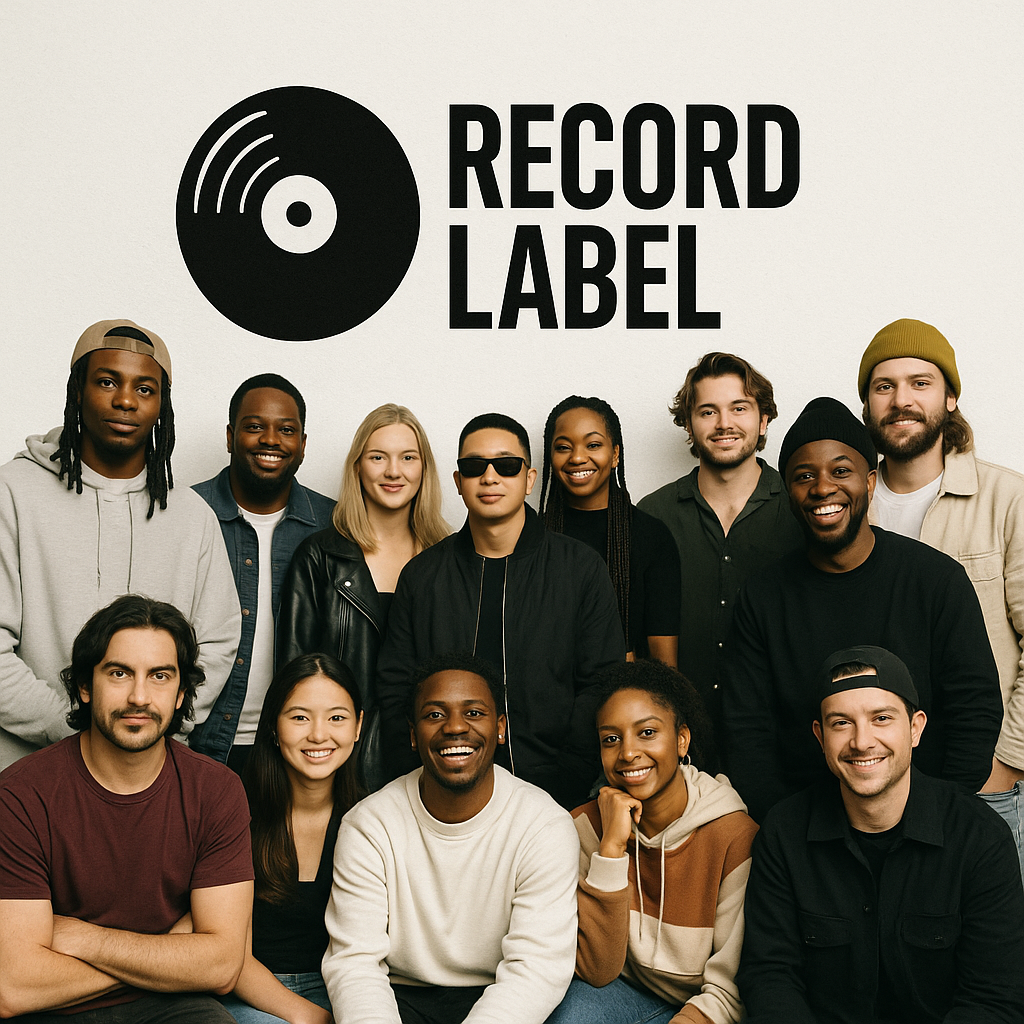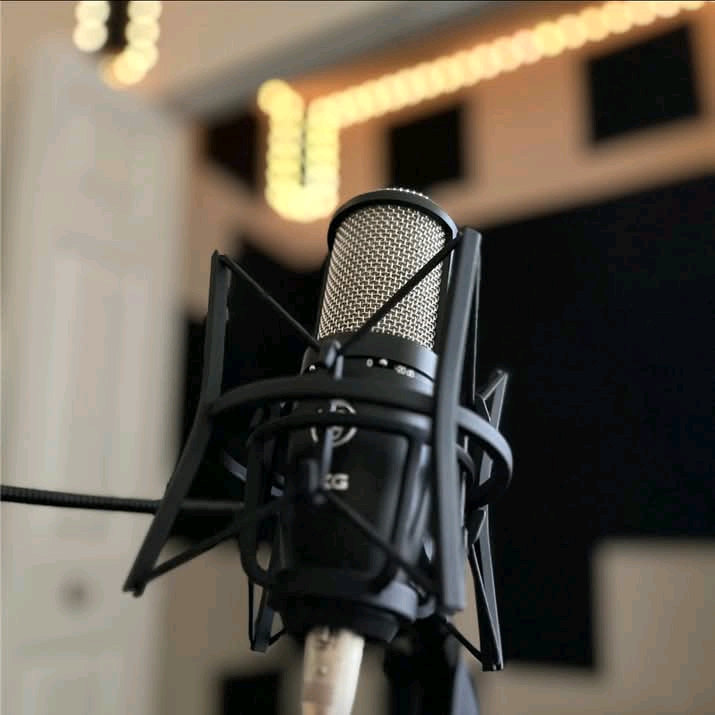"Labels vs. Independence: What Every Artist Needs to Know"
Keabosmart
14 June 2025
For decades, signing to a record label was considered the pinnacle of success for musicians. A record deal meant access to professional studios, seasoned producers, global marketing, and — crucially — money. But the landscape of the music industry has shifted dramatically. With the rise of digital distribution, social media, and independent platforms, the question many artists now ask is: Do I even need a record label anymore?
Do Artists Really Need to Be Signed to Record Labels in 2025?
For decades, signing to a record label was considered the pinnacle of success for musicians. A record deal meant access to professional studios, seasoned producers, global marketing, and — crucially — money. But the landscape of the music industry has shifted dramatically. With the rise of digital distribution, social media, and independent platforms, the question many artists now ask is: Do I even need a record label anymore?
The answer isn’t simple. It depends on the artist, their goals, and how much work they’re willing (or able) to do on their own. This blog explores the advantages and disadvantages of signing to a record label and whether it's still a necessary step for success.
The Traditional Role of Record Labels
Record labels have historically served as the central infrastructure of the music business. Their core roles include:
Financing: Covering the costs of recording, production, marketing, touring, and sometimes even personal expenses.
Production: Connecting artists with experienced producers, engineers, and writers to shape a commercially viable sound.
Distribution: Ensuring that music gets placed in stores, on the radio, and, more recently, on streaming platforms.
Marketing and PR: Promoting the artist through media appearances, advertising, and influencer outreach.
Career Development: Helping shape the long-term artistic and business direction of the artist.
For many artists, especially those without connections or resources, a label deal was the only path to exposure and sustainability.
The Rise of the Independent Artist
Fast-forward to 2025, and the playing field looks very different. Platforms like Spotify, Apple Music, TikTok, YouTube, and Bandcamp have democratized music distribution. Anyone with a laptop and an internet connection can release a song globally.
Social media allows artists to grow fanbases without intermediaries.
Digital aggregators like DistroKid, TuneCore, and CD Baby help musicians release their music directly to major streaming services.
Home studios and affordable gear mean you no longer need a label to make high-quality recordings.
Data analytics tools let artists track fan behavior and optimize their strategies in real time.
In essence, the tools labels once exclusively held are now widely accessible.
Pros of Signing to a Record Label
Despite the rise of independence, record labels still offer powerful advantages:
- Resources and Funding
Record labels can inject significant capital into your career. This can cover recording budgets, music video production, tour support, and marketing campaigns that would otherwise be unaffordable.

- Industry Connections
Labels have long-standing relationships with influential players: playlist curators, radio programmers, media outlets, booking agents, and festival organizers. These connections can open doors that independent artists might struggle to access.
- Credibility and Prestige
Being signed, especially to a respected label, still carries weight. It signals that professionals believe in your potential, which can help in attracting press coverage, collaborations, and new fans.
- Team Support
When signed, artists are typically supported by a team — managers, publicists, A&R reps — who handle logistics, strategy, and branding. This frees the artist to focus more on the creative process.
Cons of Signing to a Record Label
While the perks are real, signing to a label comes with trade-offs:
- Loss of Creative Control
Many artists have found themselves pressured to alter their sound or image to meet commercial expectations. Label executives may prioritize marketability over authenticity.

- Unfavorable Contracts
Traditionally, labels recoup their investments before the artist sees significant income. Many artists sign away a large percentage of their royalties or even ownership of their master recordings.
- Limited Transparency
Some artists feel left in the dark when it comes to royalty tracking, promotional efforts, and business decisions. This lack of transparency can breed mistrust.
- Less Agility
Big labels are often slow to adapt or take risks. Independent artists can respond quickly to trends, release music more frequently, and try unconventional marketing methods.
Independent Success Stories
Over the past decade, several artists have proven that it's possible to thrive without a traditional record deal:
Chance the Rapper famously won multiple Grammys as an independent artist, building his career through free mixtapes and a devoted online following.
Russ released dozens of songs independently and built a loyal fanbase before signing a favorable partnership deal.
Laufey, Tinashe, and Tom MacDonald are other examples of artists who have either left their labels or remained independent to retain creative and financial control.
These success stories illustrate that independence doesn’t mean “small.” With the right strategy and consistency, indie artists can reach global audiences and achieve substantial revenue.
The Middle Ground: Hybrid Deals and Artist Services
Recognizing the shift in power, many companies now offer more flexible models:
Distribution and artist services companies like AWAL (part of Sony), UnitedMasters, and Amuse provide tools and funding while allowing artists to retain control of their masters.
Licensing deals let artists partner with labels for specific albums or projects without giving away long-term rights.
Joint ventures and equity partnerships are becoming more common, offering fairer profit splits and creative autonomy.
These alternatives blur the line between being signed and being independent, offering a middle path that combines support with freedom.

When Signing Makes Sense
While not essential, signing with a label can make sense in certain situations:
You’ve built a strong independent following and want to scale up with professional support.
You lack the resources to invest in high-quality production, touring, or marketing on your own.
You want to break into specific markets (like radio or international touring) where label connections are crucial.
You're presented with a contract that is transparent, fair, and aligned with your goals.
In these cases, a label deal can be a strategic partnership rather than a desperate necessity.
Final Thoughts: Know Your Goals
Ultimately, whether you need a label depends on what you want out of your music career.
If your goal is to maintain full creative and business control, and you’re willing to put in the work, independence may suit you.
If you want to grow quickly, reach broader markets, or simply focus on your art while a team handles the rest, a label could help.
If you're somewhere in between, explore hybrid options that offer both flexibility and support.
In 2025, artists have more power than ever. The gatekeepers haven’t disappeared, but the gates are no longer locked. The key is education: understand the business, build your brand, and make choices based on strategy — not desperation.
Being signed to a label isn’t required to be successful. But for the right artist, at the right time, with the right deal, it can still be a game-changer.
Post Statistics
Views
0
Shares
0
Related Articles
Xhosa Hip Hop: How isiXhosa Rhymes Are Shaping South Africa’s Rap Future.
Xhosa hip hop is taking SA rap global — and artists like Static Flo are leading the charge.
Read MoreK.Keed vs. DJ Speedsta: The Freestyle Debate That’s Splitting Fans
“Msunu weFreestyle I make real music for real music lovers, take that however please you… Speedsta bro I hope the click bait was worth it & happy women’s month to you btw.”
Read More